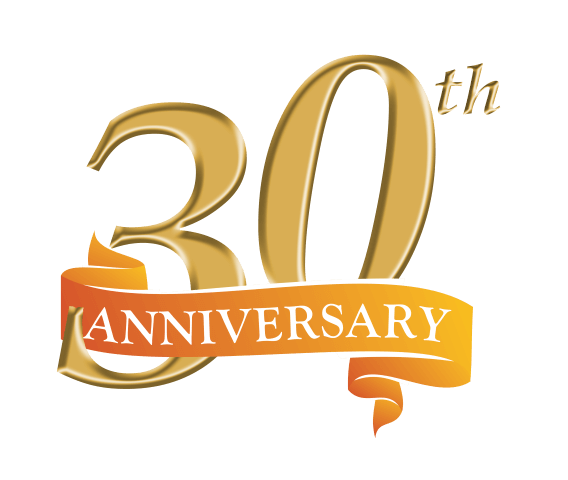Are crooked teeth killing your self-confidence? Are you looking for a less disruptive way to straighten your smile other than traditional metal braces?
Clear aligners have become very popular for teens and adults since they are nearly invisible and cause little disruption to daily life. This series of removable, custom-made trays is used to move your teeth gradually.
3M™ Clarity™ Aligners are a new type of clear aligner technology that offers several key benefits. Keep reading to learn more about how Clarity Aligners differ from other clear aligners and how they can improve your smile with comfort and convenience.
What Are Clarity Aligners?
Clarity Aligners are clear, plastic trays that are designed to fit over your teeth comfortably. Every one to two weeks, you will replace your tray with a new one that’s designed to continue the alignment process. The new tray may feel a bit tight when you first put it in. However, as your teeth shift, the tray will begin to feel more comfortable.
When to Use Clarity Aligners
It’s important to remember that there’s no one-size-fits-all approach to orthodontic care and treatment.
Clarity Aligners may be used to straighten crooked teeth, close gaps between teeth or help address crowded teeth. However, if you have severe overcrowding or other extreme dental issues, you may need metal braces to achieve your smile goals. Your orthodontist can recommend the best orthodontic device based on your unique situation.
Consistency Is Key
Teeth are known to shift quickly if the trays are removed for too long. To achieve your desired results, it’s important to wear your Clarity Aligner trays consistently. You should wear your trays for about 22 hours each day or as directed by your orthodontist.
Benefits of Clarity Aligners
Similar to other clear aligners, Clarity Aligners offer the following benefits:
- Improved Appearance: Clarity Aligners are made of clear, plastic that’s practically invisible. That means you can straighten your teeth while still living your life the way you want. The trays can also help hide gaps between teeth.
- Freedom of Removability: Since the trays are removable, you can take them out when you eat, drink, brush or floss. That means you won’t need to limit your consumption of hard, sticky foods that would have likely caused damage to the metal brackets and wires common to traditional braces. You also won’t need to struggle to clean tooth surfaces hidden by brackets or wires.
- Fewer, Easier Appointments: With Clarity Aligners, your orthodontist uses 3D scanning technology to capture images of your teeth and mouth — instead of taking traditional impressions with putty. Your orthodontist can give you several sets of trays to use over an extended period of time, reducing the total number of orthodontic appointments required for treatment. When you visit the orthodontist, checking on the progress of your smile is quick and easy.
- Fewer Repairs and Emergency Visits: When you use Clarity Aligners, you don’t have to worry about damaging wires or loosening brackets. So, you’re less likely to have to return to your orthodontist for an emergency repair or visit.
How Clarity Aligners Differ From Other Aligners
One of the key reasons to choose Clarity Aligners is for their sophisticated computer technology. During treatment planning, the Clarity Aligner software’s powerful predictive algorithms help your orthodontist map out your treatment in great detail, enabling graphic visualization of every future movement of your teeth on his or her computer screen. This allows your orthodontist to plan your treatment and tooth movement with precision, delivering superior results.
Thanks to 3M oral care technology, there’s also a 3M Treatment Tracking App. It allows you to share progress photos, track wear time and cleanings and monitor treatment progress.
Compared with other clear aligners, Clarity Aligners have a lower profile and a matte finish that enhances their natural appearance. Some patients report that Clarity Aligners are more comfortable to wear than other clear aligners.
Clarity Aligners at West Coast Dental
At West Coast Dental, we have the orthodontic expertise, tools and training needed to assess your teeth and recommend the best option for improving your smile. Our dentist in Arcadia, Pico Rivera, Norco, or in any of our offices in the greater Los Angeles area will work with you to determine your smile goals and develop an effective treatment plan which may include Clarity Aligners.
To consult one of our orthodontic specialists to see if Clarity Aligners are right for you, book an appointment today.
We have many Southern California locations for your convenience., whether you are seeking a dentist in Van Nuys, Arcadia, Valencia, or more… we’ve got you covered! Our staff is always ready to help!
Sources
3M – 3M™ Clarity™ Aligners are nearly invisible, but their results aren’t.
Colgate – Clear Aligners Or Metal Braces? Here’s How To Choose
DentistryiQ – Clear aligners versus traditional braces: 4 benefits for adult orthodontic patients



